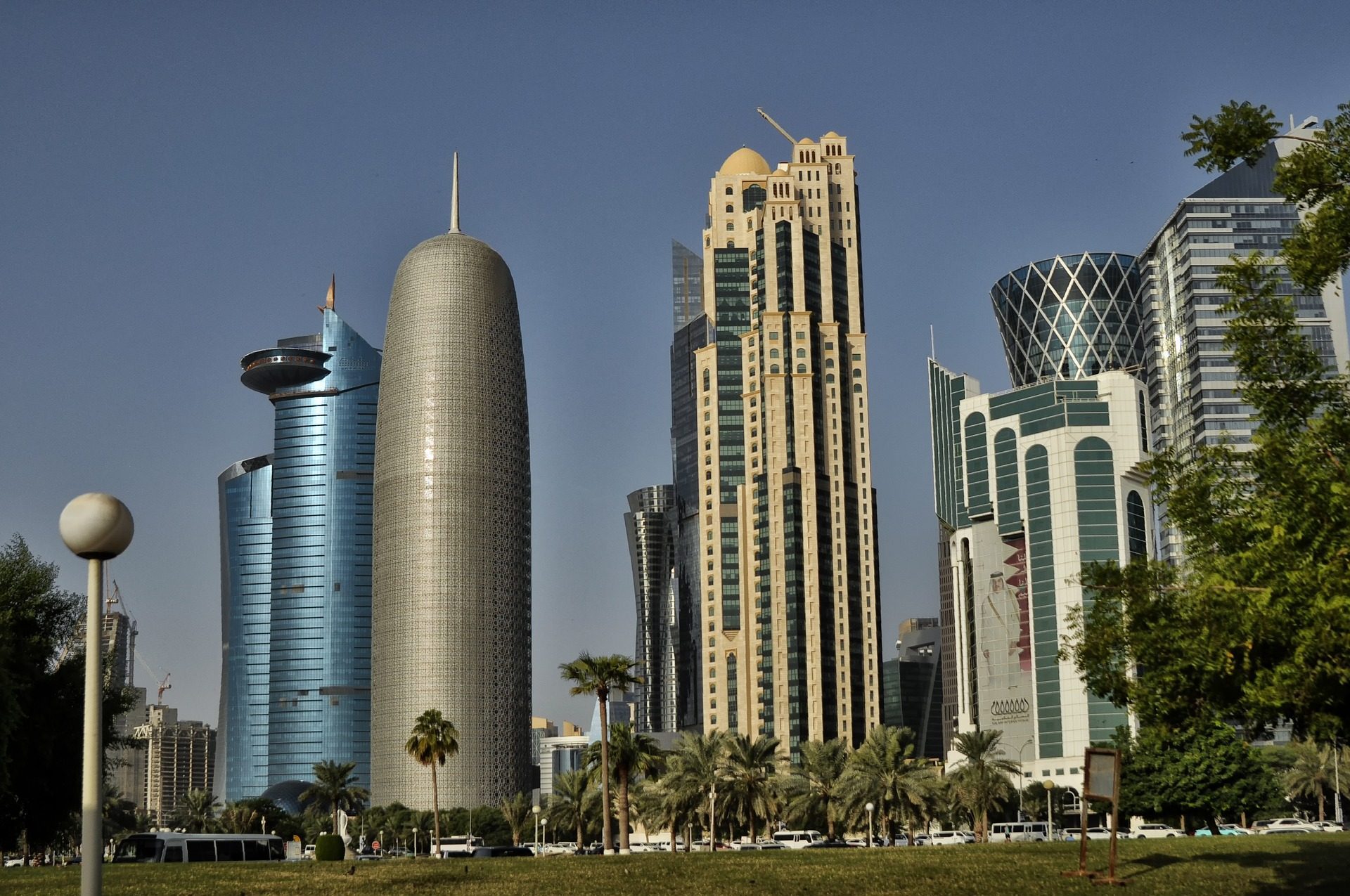Analysts forecast that Qatar is set to witness strong economic growth in its non-hydrocarbon sectors even after the 2022 World Cup concludes.
Qatar is set to enjoy steady growth in its non-hydrocarbon sectors even after the 2022 World Cup rakes in some big wins for the country, according to analysts at The Economist Intelligence Unit.
“While most countries that host major sporting events such as FIFA World Cups or the Olympics have often failed to increase tourist inflows post events, Qatar’s relatively young tourism industry is in a better position to bring in the benefits World Cup exposure,” the report by senior analyst, Adnane Allouaji said.
According to analysts, this is due to Qatar’s efforts to diversify its investment portfolio and moves to develop its leisure and tourism infrastructure. Qatar has been heavily invested in the oil and gas sector, but has engage in an impressive diversification.
“The World Cup’s boost to non-oil economic activity is in line with the National Vision 2030 development plan, which aims to diversify the economy away from its reliance on the oil and gas sector,” added the report.
In July, Qatar revealed that it will be adding over 100 new hotels and hotel apartments to its portfolio of properties as the Gulf nation prepares to host the biggest sporting tournament ever held in the region.
The properties are set to create an even more attractive environment for tourists travelling to Qatar and will appeal to a range of travellers.
Even as the tourism industry reels from the consequences of the ongoing Covid-19 pandemic, Qatar has taken every step to ensure the safety and health of tourists.
The country has also vowed to provide one million shots of the “best” vaccines in the world to international spectators flocking to Qatar, making it clear that those who attend the mega-event next year must be fully vaccinated.
Qatar’s efforts have been noticed. Recently Doha secured third place on the ‘Trending Destination’ list on Tripadvisor Travellers’ Choice Awards 2021.
Doha’s Hamad International Airport has also been named the “World’s Best Airport” at this year’s Skytrax airport awards, knocking Singapore’s Changi Airport from its place at the top of the annual ranking of the world’s best airports.
With the 2022 World Cup gathering spectators around the world, Qatar’s economic gain due to the event is just as massive as the event itself.
“We anticipate the contribution to the economy essentially would be around about $20 billion,” said Secretary-General of the Supreme Committee for Delivery and Legacy (SCDL) Hassan Al Thawadi.
This sum is equivalent to almost 14% of Qatar’s 2020 GDP, though Al Thawadi added that more detailed projections won’t be known until after the event takes place at the end of 2022.
Analysts have forecasted that real GDP growth will strengthen in 2022, to 4.5% (from 2.9% in 2021), before easing to an annual average of 3.1% in 2023‑25.
“The SCDL optimistically expects about 1.5m fans to travel to Qatar during the course of the month-long event, and the tiny Gulf state aims to continue to attract tourists after the event. With international exposure and a massive television audience—with a combined 3.57bn viewers,” said the report.
Follow Doha News on Twitter, Instagram, Facebook and Youtube







